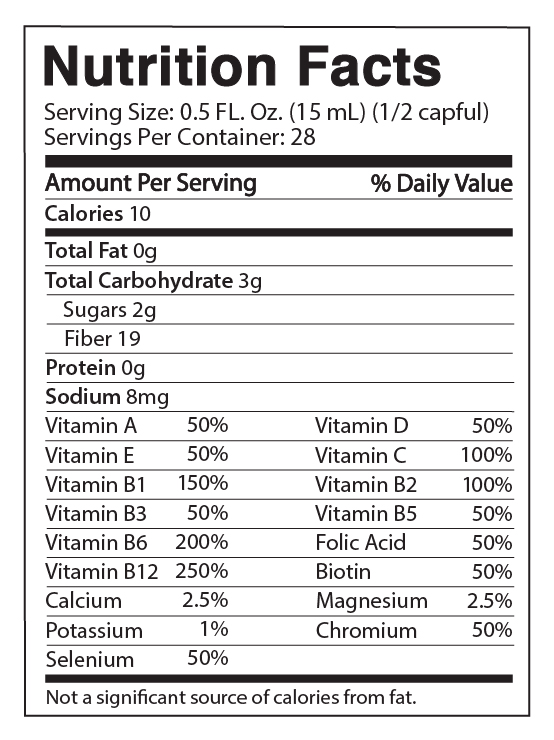Choosing what we eat has a lot more influence on the state of our minds than a mood ring does. Some foods really do enhance our mental outlooks because they contain nutrients that are known to pep us up psychologically. Invariably, the choices that put us in a good frame of mind can also improve our… Read more »
Brain Health
Brain Health
Alzheimer’s may be blocked earlier than previously believed
A new study has found that plaque accumulation in the brain that contributes to Alzheimer’s disease takes years to develop and could be blocked well before the condition becomes irreversible. Researchers at the Mayo Clinic in Rochester, Minnesota, say the development of amyloid plaque that eventually leads to the disease could take as long as 15… Read more »
Heart disease and some cognitive problems in the elderly affect women more
During American Heart Month in February, a new study has shed light on the links between heart disease, poor circulation and mental decline in senior citizens. Mayo Clinic researchers report in the Journal of the American Medical Association on Neurology that women are particularly susceptible to the health connections to mild cognitive impairment as they age,… Read more »
PET scans not recommended in many cases to determine Alzheimer’s
Alzheimer’s disease experts say having a brain scan done is not a good choice for many people who believe they may have the condition. New guidelines published in the journal Alzheimer’s & Dementia advise the use of positron emission tomography (PET) scans only for cases of progressive dementia for individuals under the age of 65, people who… Read more »
Being kind reaps emotional benefits for both children and adults
It turns out that paying it forward may be good for one’s health. Small acts of kindness often make people feel good, and now a study at the University of California (UC) Riverside seems to prove that. Researchers there studied the effect that being nice to others has on one’s happiness and determined that a… Read more »
Minor interruptions can cause errors in daily tasks

A glance at a text message – one of many seemingly tiny interruptions that occur every day – can distract people long enough to make mistakes while they work on daily tasks. That’s what researchers at Michigan State University, who considered the effect of minor distractions, discovered when they examined the influence that such interruptions could have. In… Read more »
Targeted radiation found effective in treating aggressive brain cancer

Brain cancer patients who receive radiation targeted on their tumors rather than on a broader part of the brain aren’t likely to experience any greater recurrence of the disease than patients who have traditional therapy, a new study found. The targeted therapy also spares the healthy tissue adjacent to aggressive tumors called glioblastoma from being damaged… Read more »
Study: Migraine sufferers are stigmatized by public

A migraine isn’t just any headache. It can be accompanied by nausea, light sensitivity and intense pain. But researchers at the Thomas Jefferson University Hospital’s Headache Center in Philadelphia and Rutgers University in New Jersey have found that many people don’t understand how debilitating the condition can be for migraine sufferers. According to the U.S…. Read more »
Stroke prevention depends on wellness follow-up

Maintaining wellness regimens and knowing how certain health conditions affect their chances of having a stroke can help people lower their stroke risk in the future, recent studies show. For instance, patients who experience a subarachnoid hemorrhage – a type of stroke that occurs when a blood vessel near the brain bursts and fills the skull with… Read more »
Five-year plan of clinical trials aimed at improving Alzheimer’s treatments

A five-year plan that involves four clinical trials of drugs and other treatments for Alzheimer’s disease will be undertaken by a consortium of medical centers across the United States and Canada, the National Institutes of Health announced. The program, which will be conducted at 70 medical sites in both countries, is called the Alzheimer’s Disease… Read more »
